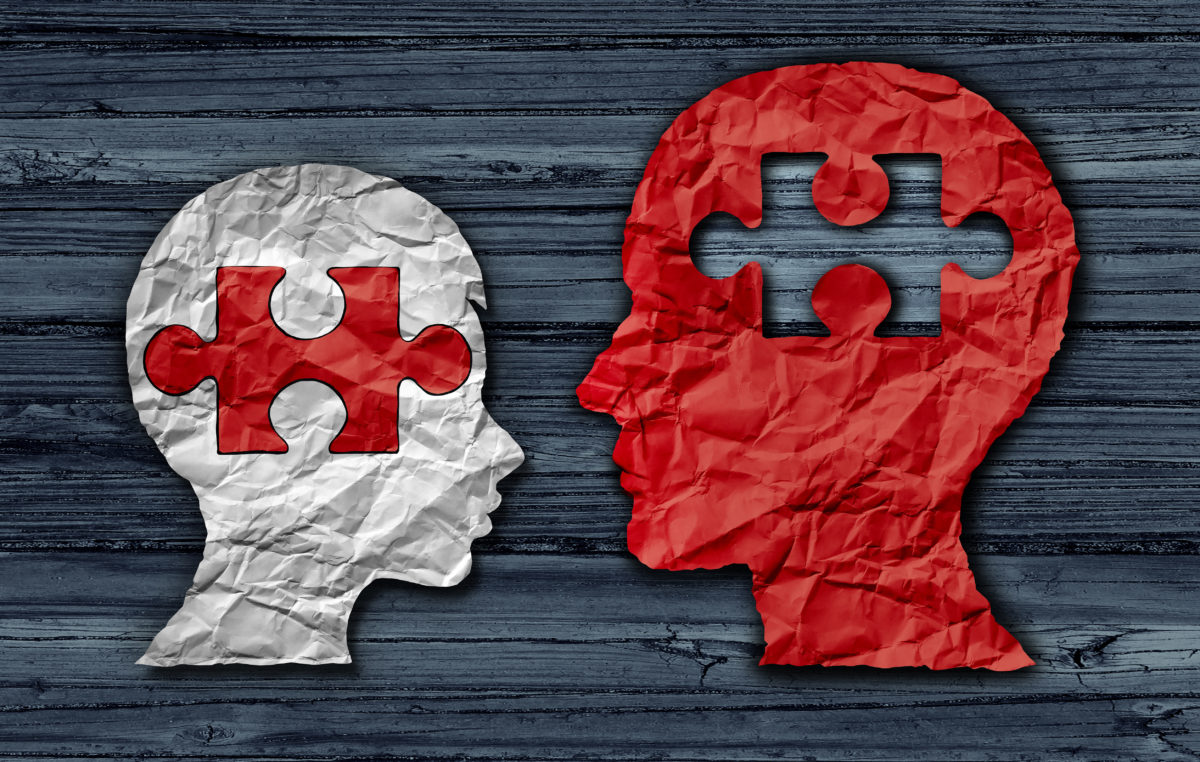The Bottom Line Cultivating Familial Culture: From Parents to School Staff
“Adolescents can be challenging for educators to keep engaged,” reported author Sarah D. Sparks on Education Week, citing a study by the Centers for Disease Control and Prevention (CDC) tracking over 14,000 middle and high school students over 20 years.
The National Longitudinal Study of Adolescent to Adult Health asked students, grades 7 through 12, about their feelings towards school. For example, one question was, “[Do] you feel that your teachers care about you?” Once the students had reached their 20’s and 30’s they were then asked by the CDC “whether they had emotional problems…victims of physical violence…used illicit drugs…practiced safe sex.”
The research found that, “students who had felt strongly connected to school as teenagers grew up to have significantly less emotional distress, suicidal thoughts, and drug use. They were at lower risk of violence, either in general or in intimate relationships, and were less likely to have multiple sex partners or a sexually transmitted disease, than students who had felt little connection in school. Moreover, students who felt connected to either school or family were significantly more likely to complete a four-year college degree.”
This highlights a point made by ACTE program chair and author of Every School, Don Nielsen: “As a society, we need to look at education not as a K-12 System, but as a program of child development that goes from birth until the child is capable of becoming a productive citizen.” We need everyone on board, families fully committed, to provide an effective education to every child. He continues, “Given what we know about the importance of the home environment to the successful development of a child, it would seem prudent for our education system and our health-care system to work together to influence our future students and citizens.” New parents must understand that they are not only the first teacher, but the most important teacher, in their child’s life.
Granted, there are circumstances in which parents are not able to provide the nurturing home a child deserves. To this point, Nielsen advises, “society must pick up the slack. Early childhood education and truly effective teachers can help mitigate this problem. Family, neighbors, and religious organizations can also help. Failure to do so will permanently harm the child and make the child less likely to become an adult capable of living in a civilized society.”
His approach is similar to that of Riley Steiner, a CDC health scientist, who states, “The responsibility of supporting young people through their formative teenage years can be a shared effort between parents, other family, and school staff.”
As a society, we must recognize that cultivating the American family culture into the development of our children is a team effort. Our children depend on us.


